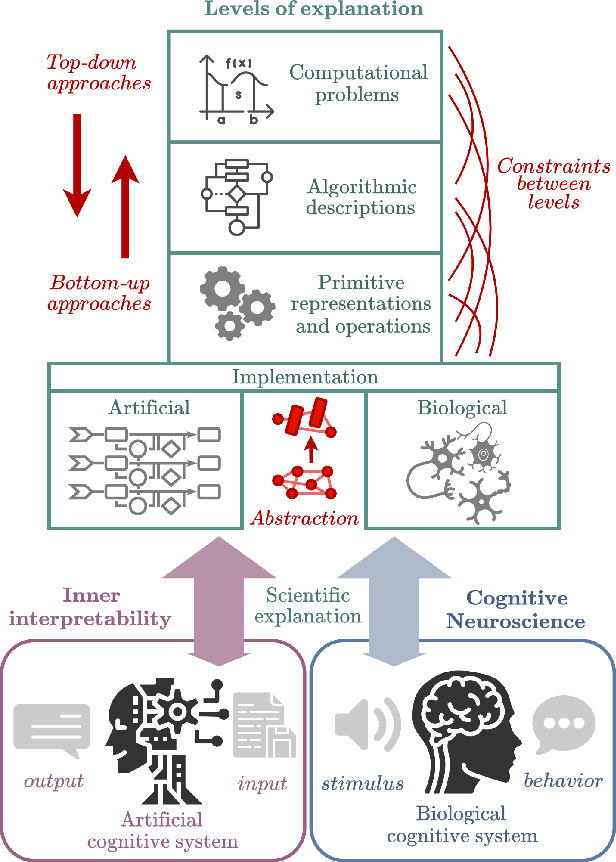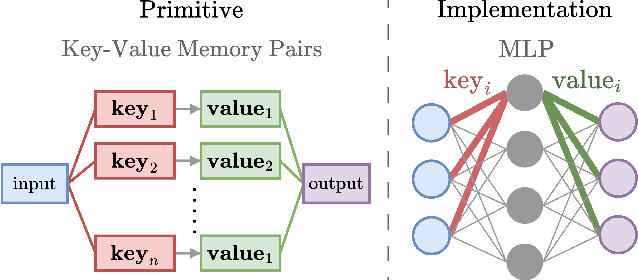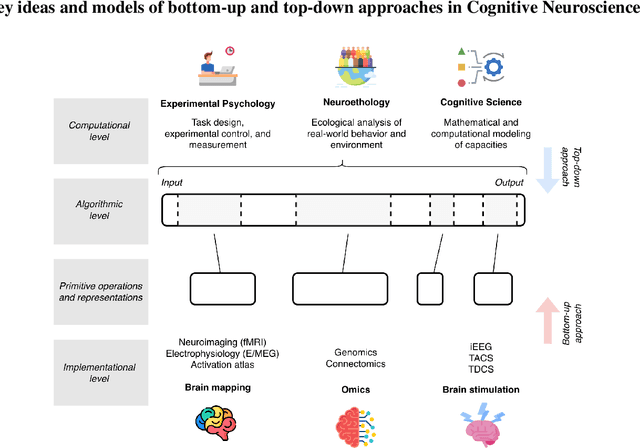Position Paper: An Inner Interpretability Framework for AI Inspired by Lessons from Cognitive Neuroscience
Paper and Code
Jun 03, 2024


Inner Interpretability is a promising emerging field tasked with uncovering the inner mechanisms of AI systems, though how to develop these mechanistic theories is still much debated. Moreover, recent critiques raise issues that question its usefulness to advance the broader goals of AI. However, it has been overlooked that these issues resemble those that have been grappled with in another field: Cognitive Neuroscience. Here we draw the relevant connections and highlight lessons that can be transferred productively between fields. Based on these, we propose a general conceptual framework and give concrete methodological strategies for building mechanistic explanations in AI inner interpretability research. With this conceptual framework, Inner Interpretability can fend off critiques and position itself on a productive path to explain AI systems.
 Add to Chrome
Add to Chrome Add to Firefox
Add to Firefox Add to Edge
Add to Edge